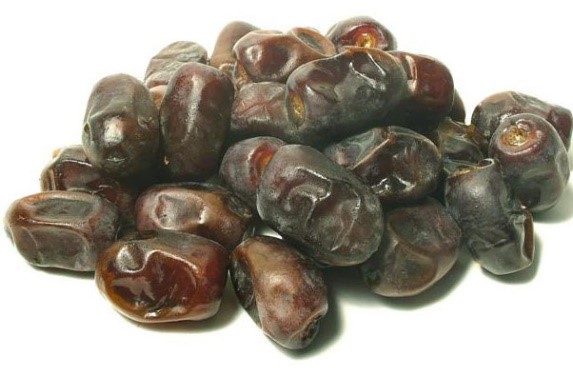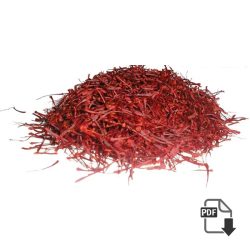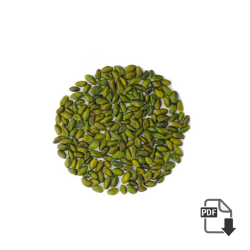Sourcing a dependable walnut supplier for exporting is critical for businesses looking to meet the global demand for high-quality walnuts. Whether you’re in the food industry, snack manufacturing, or nut trading, selecting the right supplier ensures that you consistently provide quality products to your international customers. Here’s a step-by-step guide on how to find the best walnut supplier for exporting. Walnut Suppliers
Why Choose Walnuts for Export?
Walnuts are a popular nut enjoyed worldwide, known for their rich flavor and nutritional benefits. They are used in a wide range of products, from snacks and desserts to oils and cosmetics. As the demand for healthy, natural foods grows, walnuts are becoming increasingly valuable for international export markets.
- Health Benefits: Walnuts are rich in omega-3 fatty acids, antioxidants, and protein, making them a highly sought-after health food.
- Global Demand: Walnuts are widely used in baking, snack production, and cooking, ensuring consistent demand across various industries.
- Versatility: Walnuts are used in both sweet and savory applications, giving them broad market appeal.
How to Find a Trusted Walnut Supplier for Exporting
Finding the right walnut supplier for export requires thorough research and a focus on several key factors. Here are the main steps to help you select the best supplier for your needs:
1. Research Supplier Reputation and Experience
Start by evaluating potential walnut suppliers based on their reputation in the industry. A trusted supplier should have a proven track record in exporting walnuts and a strong presence in the international market. Look for suppliers with positive reviews, certifications, and the ability to provide references from other businesses they’ve worked with. Suppliers with experience in your target export regions will be more familiar with the required standards and logistics.
2. Assess Product Quality and Certifications
Quality control is crucial when selecting a walnut supplier for exporting. Request samples of the walnuts to check for freshness, size, and any visible defects such as mold or broken pieces. The walnuts should be of uniform size, free from contamination, and have a natural, fresh flavor. Additionally, ensure that the supplier adheres to global quality and safety standards, such as ISO, HACCP, or GlobalG.A.P. certifications. These certifications ensure that the walnuts meet both food safety regulations and the quality standards required for international trade.
3. Consider Pricing, Shipping, and Delivery Terms
When sourcing walnuts for export, pricing is an important consideration, but it should not come at the expense of quality. Compare prices from different suppliers, keeping in mind shipping costs, bulk order discounts, and payment terms. It’s also important to assess the supplier’s ability to meet your volume requirements and ensure timely deliveries. A reliable supplier should have efficient logistics and shipping capabilities to ensure that your walnut orders arrive on time and in optimal condition.
Why You’ll Benefit from Working with a Trusted Walnut Supplier
Partnering with a reliable walnut supplier for exporting provides numerous advantages. A reputable supplier ensures that you receive high-quality walnuts that meet both domestic and international standards. With consistent product quality, reliable delivery schedules, and transparent pricing, you can focus on expanding your export business while building long-term relationships with international customers.
All Type Of Walnuts
-
Walnut kernel Special wholesale price + analysis + sale offer
Iranian walnut kernel are divided into three grades according to the size, fat contain, color and halves.


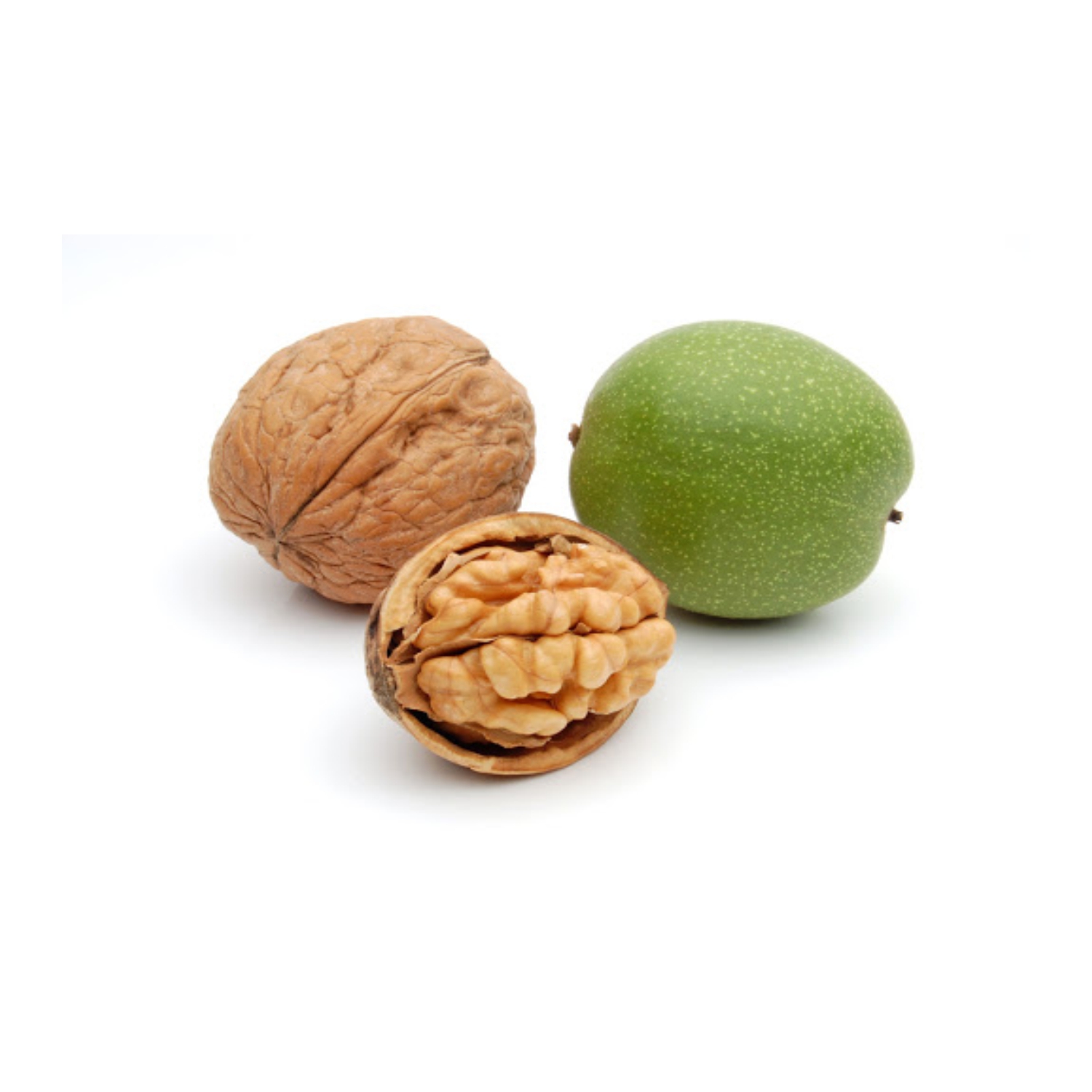
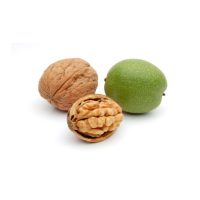
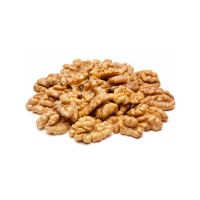





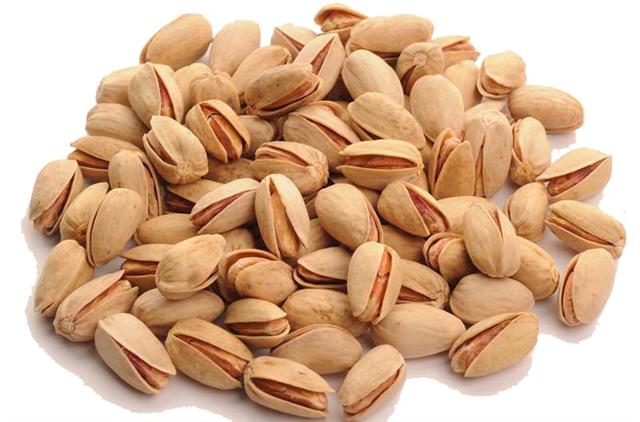
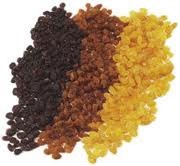 3 kind raisin
3 kind raisin 